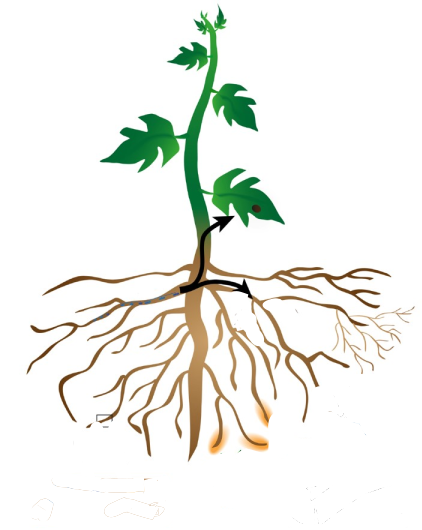Increasing human population size is leading to increased demands for fuel. In many countries, bio-ethanol is used as an alternative fuel or gasoline supplement, but considerable concerns have been raised about using valuable agricultural croplands for production of biofuels. Potato peel is a zero value waste produced by potato processing plants. Potato peel waste (PPW) contains sufficient quantities of starch, cellulose, hemicellulose and fermentable sugar to be converted into ethanol.
In this Master’s student project, we will use field and laboratory experiments to test whether herbivory and pest management influence the quality of PPW for conversion to biofuels. Students working on this project will learn basic theory of plant-herbivore interactions and plant defense. Their research will result in actionable recommendations for an applied problem.
Working Environment: This project will be based in Leipzig at The German Centre for Integrative Biodiversity Research (iDiv), a vibrant research consortium with many international visitors and collaborators spread throughout Germany. The consortium offers a unique opportunity to develop an interdisciplinary curriculum and this project offers direct collaboration with members of the core groups Experimental Interaction Ecology, Molecular Interaction Ecology and the Helmholz Center for Environmental Research-UFZ Global Change Experimental Facility.
If you are interested, please contact Jes Hines (jessica.hines@idiv.de)

